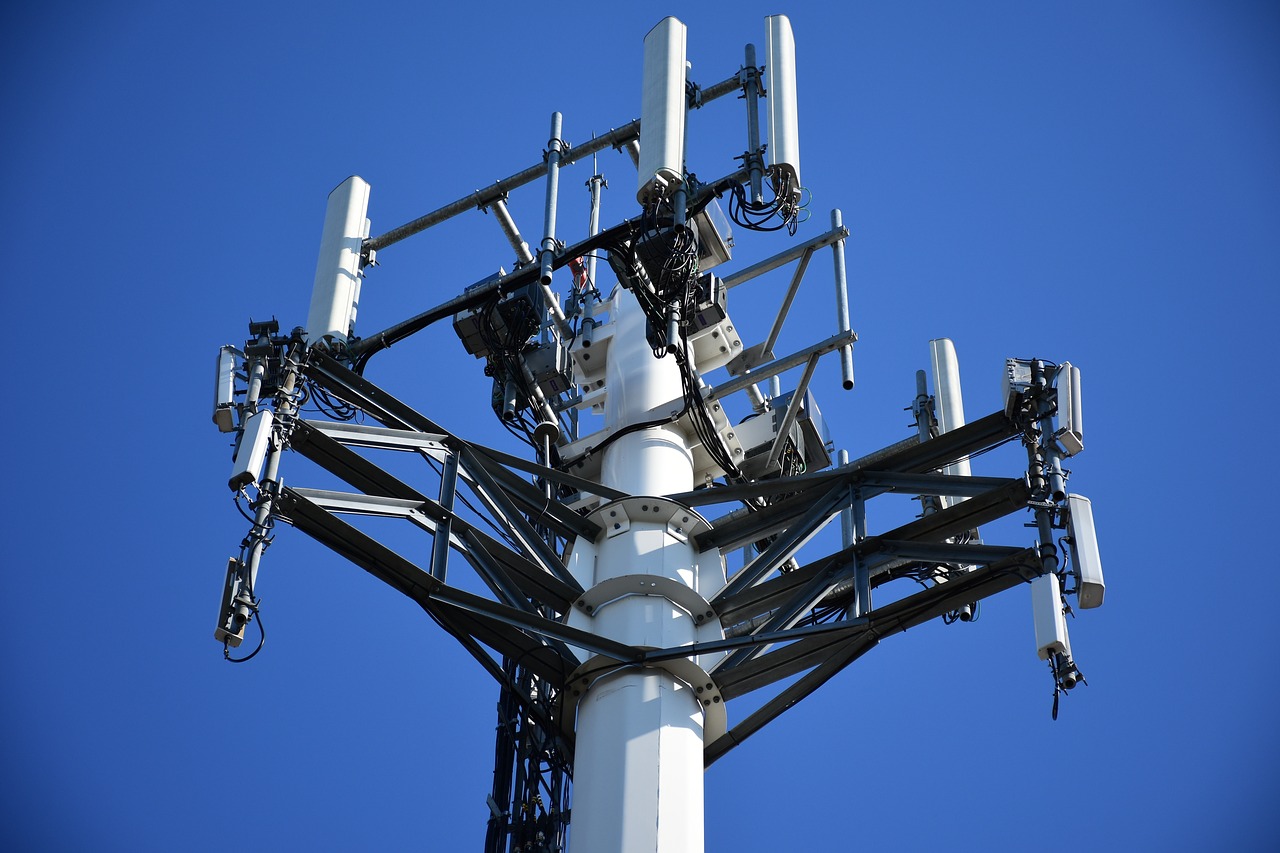The Middle East telecommunications sector is a growing market that has been relatively resilient during the COVID-19 pandemic due in part to customer reliance on telecom technologies for work and communication. Even before the pandemic, the Middle East Internet penetration rate was growing. In 2019 it was 67.2 percent, up from 64.5 percent the year prior.
Meanwhile, Internet World Stats, using data from ITU, Facebook, and Nielsen Online, estimated 75.2 percent of people in the Middle East had access to the Internet as of March 31, 2021.
The largest telecom company in the region is Saudi Telecom Company (STC). Established in 1998, the company has a market value of $66.7 billion, with more than $15 billion in annual sales. Some of the other major players in the sector include Etisalat Group, Ooredoo, and Omantel. The following are five recent developments involving some of these and other telecom businesses in the region.
1. Several Telecom Companies Made Forbes Middle East’s Top 100
Not only is STC the most valuable telecom company in the Middle East, but it ranked eighth on Forbes Middle East’s Top 100 Listed Companies for 2021. Energy company Saudi Aramco topped the list, which included eight other telecom companies. Etisalat Group, headquartered in the United Arab Emirates, ranked ninth among all Middle East companies. It has a market value of $50.1 billion and more than 156 million subscribers across 16 countries in the Middle East North Africa (MENA) region and Asia.
Zain Group, based in Kuwait, ranked 19th on the list with a market value of $8.8 billion. Formerly known as Mobile Telecommunications Company, it has been in operation since 1983 and had nearly 50 million customers in MENA by the end of 2019. The Qatar-based Ooredoo Group, which has more than 117 million customers in MENA and Southeast Asia, ranked 22nd on the list.
The other Middle East telecom companies on the list were Omantel (Oman), Emirates Integrated Telecommunications Company (UAE), Etihad Etisalat (Saudi Arabia), Bahrain Telecommunication Company (Bahrain), and Telecom Egypt.
2. Saudi Arabia’s Public Investment Fund Considering Stake Sale in STC
Saudi Arabia’s Public Investment Fund (PIF) owns roughly 70 percent of STC, but, according to a report from Reuters on June 22, it is considering divesting some of its stake in the company. PIF’s share in STC is worth about $50 billion and, while it was unclear how much it would divest, sources told Reuters the deal was “significant.” PIF has about $430 billion in assets and intends to exceed $1 trillion by 2025 via new investments in regional and international projects.
Already the largest operator in the region, STC has experienced positive gains during the first six months of 2021. Its shares have increased by more than 25 percent and closed at $35.73 on June 22. STC is also expected to put forth an IPO for Solutions by STC, its product and services development business.
3. MTN Is Deploying OpenRAN Technology
MTN, a carrier network with a presence in 20 markets in the Middle East and Africa, is planning to introduce OpenRAN technology by the end of 2021. The Radio Access Network (RAN), in essence, is the infrastructure and technology that allows for mobile connections over radio waves. While current RAN technology involves an integrative software and hardware platform, OpenRAN promises a multi-supplier solution in addition to the separation of hardware and software. It’s expected to drive telecom innovation and diversify the supply chain.
In deploying OpenRAN technology, MTN is working with vendor partners such as Parallel Wireless, Mavenir, and Voyage, among others. MTN has experience with large-scale technology rollouts, as it was among the early adopters of 5G connections and utilized open-source technologies to enhance rural network coverage in 2019.
“While OpenRAN brings a new architecture to mobile networks and more suppliers to deal with, it gives telcos much-needed flexibility,” stressed MTN executive Amith Maharaj. “This means that MTN can now look at building a network that can meet cost and capacity requirements of specific markets, or even rapidly deploy 5G and/or 4G seamlessly with existing legacy services. This is a real game-changer for mobile advancement in emerging markets.”
4. Kalaam Telecom Purchases Zajil Telecom
Seeking to establish itself as a regional leader in digital transformation, Bahrain-based technology solutions provider Kalaam Telecom announced in June that it had acquired Zajil International Telecom Co., an ISP and ICT services company in Kuwait. In a statement, Kalaam Telecom chairman Nezar Al Saie noted the acquisition is a testament to the company’s resilient growth strategy and supports its efforts to become one of the top three independent ISPs in the Middle East. The company now has $100 million in revenue as well as a network of Points of Presence in more than two dozen countries and data centers in five countries.
5. Virgin Mobile Middle East and Africa Is Reducing Its Carbon Footprint
Striving to become carbon neutral, Virgin Mobile Middle East and Africa has partnered with Dubai Carbon Center of Excellence to review areas in which it can lower its emissions. One of its main initiatives in this regard is to stop the use of single-use plastic in SIM and recharge cards. Since 2017, it has already eliminated more than 50 metric tons of single-use plastic in the region.

